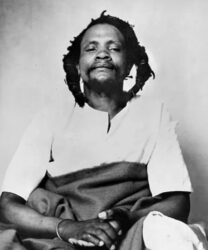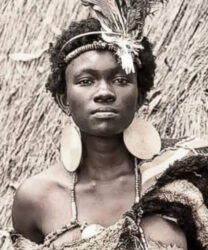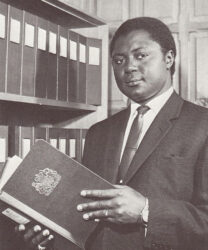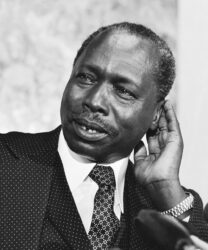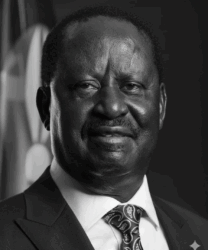Richard Leakey
Richard Leakey was a renowned Kenyan paleoanthropologist, conservationist, and politician whose work significantly impacted our understanding of human evolution and wildlife conservation. Born into the famous Leakey family of anthropologists, Richard was the son of Louis and Mary Leakey, who were instrumental in discovering early human fossils in Africa. Though initially reluctant to follow in his parents' footsteps, Richard eventually made significant contributions to paleoanthropology.
In the late 1960s and 1970s, Richard Leakey led several fossil-hunting expeditions in Kenya’s Turkana Basin, which resulted in some of the most important discoveries in the field. Among these was the uncovering of the nearly complete skeleton of “Turkana Boy” in 1984, a 1.6-million-year-old Homo erectus specimen that provided invaluable insights into early human anatomy, growth, and behavior. His work solidified the view that East Africa was a crucial region for understanding the origins of the human species, advancing the “Out of Africa” theory of human evolution.
Beyond his paleoanthropological achievements, Richard Leakey became a prominent advocate for wildlife conservation. In the late 1980s, he was appointed as the head of the Kenya Wildlife Service (KWS) during a time when poaching had drastically reduced the country’s elephant population. Leakey implemented sweeping reforms, including restructuring the KWS, deploying armed anti-poaching units, and spearheading a dramatic campaign against illegal ivory trade. In 1989, he famously orchestrated the burning of 12 tons of confiscated ivory, a symbolic act that drew global attention to the plight of African elephants and helped catalyze a worldwide ivory ban.
Richard Leakey’s efforts dramatically curbed poaching and revitalized Kenya’s wildlife conservation efforts. However, his confrontational approach earned him political enemies, leading to his resignation from KWS in the 1990s. Despite this, he remained active in conservation and later served in various government roles, including as the head of Kenya’s civil service, where he continued to fight against corruption and mismanagement.
Leakey also authored several books and made frequent media appearances to promote science, conservation, and ethical governance. His work has inspired countless researchers and conservationists and highlighted the complex interplay between humanity’s past and the urgent need to protect the planet’s biodiversity.
Richard Leakey’s legacy is marked by his dual impact on science and conservation. He not only expanded our understanding of human origins but also became a leading figure in the fight to preserve Africa’s natural heritage. His dedication to both fields left an indelible mark, ensuring his place as one of the most influential figures in modern anthropology and conservation.
Famous Quote
The truth is, we’re all here because of a human skeleton.
— Richard Leakey






